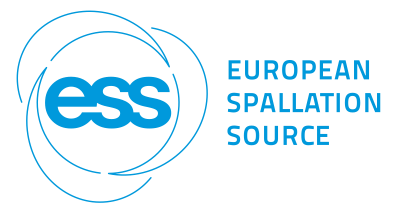Speaker
Mr
Carlos Pascual-Izarra
(Alba Synchrotron)
Description
On the one hand, science is about openness and collaboration and, on the other hand, open and community-driven software projects have demonstrated to yield more generic and resilient solutions thanks to the diverse users’ needs and feedback. Yet, the development of many scientific software projects (even free/open-source ones) is still managed in a closed way, typically by one or few people from a single institution. In some cases this is just due to the lack of knowledge or confidence on the already available tools and practices for collaborative development.
In this work we share our experience on coordinating the transition of the Taurus and Sardana projects from being in-house developments to being driven by an international and diverse community. The initially established rules are constantly evolving aiming to reach continuous delivery while maintaining good software quality. The selected contribution workflows, testing strategies as well as the software and documentation delivery tools are described in detail, and the benefits of this kind of organization as well as potential pitfalls and lessons learned are discussed.
Authors
Mr
Carlos Falcón Torres
(Alba Synchrotron)
Mr
Carlos Pascual-Izarra
(Alba Synchrotron)
Mr
Zbigniew Reszela
(Alba Synchrotron)
Co-authors
Mr
David Fernández-Carreiras
(Alba Synchrotron)
Mr
Gabriel Jover-Manas
(Alba Synchrotron)
Guifré Cuní
(CELLS-ALBA)
Mr
Marc Rosanes Siscart
(Alba Synchrotron)

